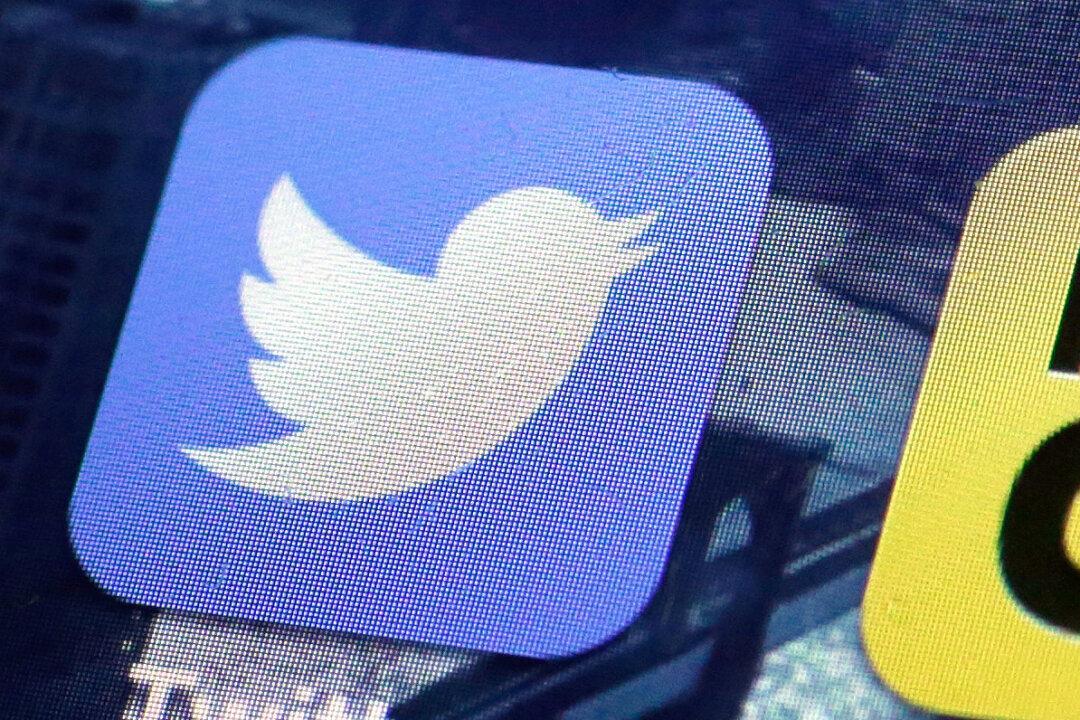Twitter appears to have modified its practice of shadow banning—the unannounced suppression of a social-media user’s content—in the leadup to Twitter CEO Jack Dorsey’s scheduled hearing before Congress.
“Flying to DC for 2 hearings Wednesday with the Senate Intel Committee to share Twitter’s work to protect election integrity, and the House Energy and Commerce Committee to show our commitment to impartiality, transparency, and accountability,” Dorsey wrote in an Aug. 31 tweet.





